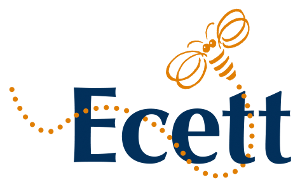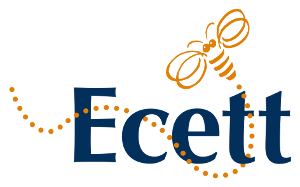by Theano Chatzoudi, ARGO (Alternative Therapeutic Program of Addicted Individuals), Psychiatric Hospital of Thessaloniki (Greece)
In this group, that happens once a week for 10 participants, percussions are used as a means for creative expression and communication. The resulted music making derives from improvisational and structured rhythmic activities that do not require technical skills.
Basic information about “ARGO”

- Pertains to the National Health System and especially to the Psychiatric Hospital of Thessaloniki
- It deals with any kind of dependency from illegal drug (heroin, cocaine, cannabis, stimulants etc.)
- Offers its services to adult individuals
- Drug free, non residential program
- Services are provided free of charge
- Services are provided without any kind of discrimination, regardless of race, beliefs, creed, sex, nationality, sexual preferences, physical disabilities, political tendencies, criminal record of financial status
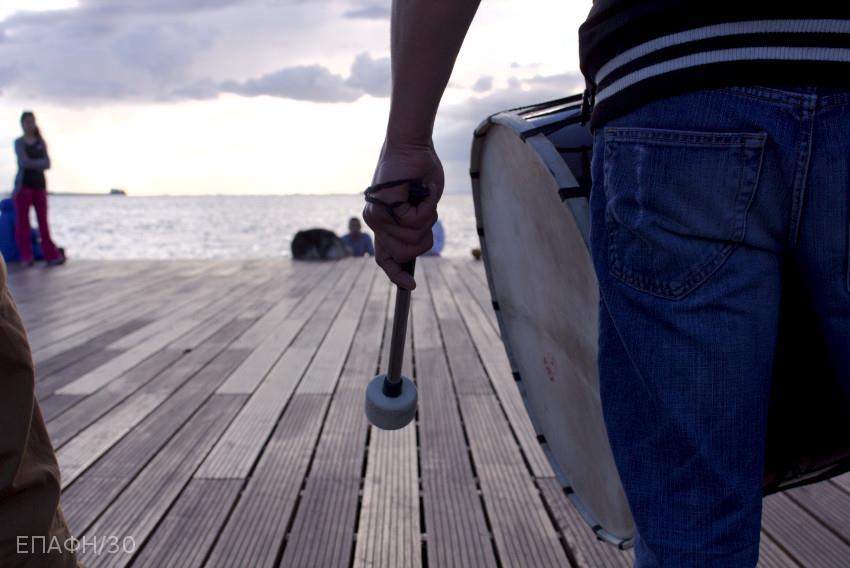 What are percussions used for
What are percussions used for
- as a means for creative expression and communication
- to develop a sense of belonging to a team and creating the prerequisites for connecting with self and others
- to develop the ability for verbal and non-verbal communication
- to realize the way to communicate with others, set common goals and cooperate for succeeding them
- they are not required technical skills as they mainly aim at producing therapeutic outcomes.
Structure
- Members are invited to express how they feel
- Warm-up activities: Rhythmic games, Body activation, Focusing in “here and now”
- Action: Sit in a circle and choose one percussion instrument
– Improvisational activities: Imagination, freedom, expression of emotions
– Structured activities: cooperation, responsibility, creativity
- Feedback: We discuss the process of the session
Improvisation activities
 We suggest starting with eyes closed and silence. For example:
We suggest starting with eyes closed and silence. For example:
- “talk” in a rhythmic way: everyone is free to speak their rhythmical spirit, and nobody takes charge, leads, or teaches the group
- “Sound journey”: we choose and take next to us whatever instruments we need. we take 10 breaths. and whoever wants to produce sounds either with the body or with an instrument starts.
- “The storm”: we create the movement to the peak and the relaxation of a storm producing sounds of wind, rain, lightning.
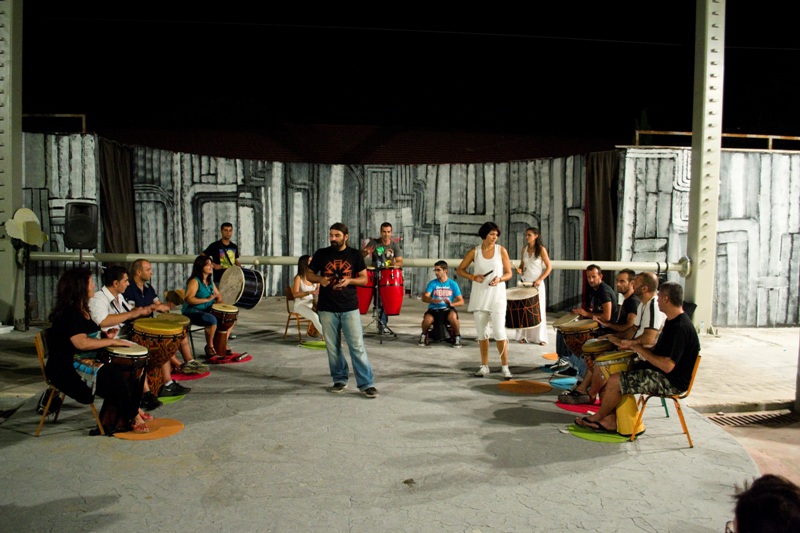 Structured activities with rhythmic patterns
Structured activities with rhythmic patterns
- Demands cooperation
- Everyone can propose a rhythm music theme
- All together we decide which one we will play
- Everyone has his own role and plays according to his/her ability
- All together (not only the facilitators) we “build” it
- We practice in order to synchronize as a team
- Our final goal is the performance in front of an audience
- This is a very creational procedure in which all members of the group are involved.
Evaluation after the performance
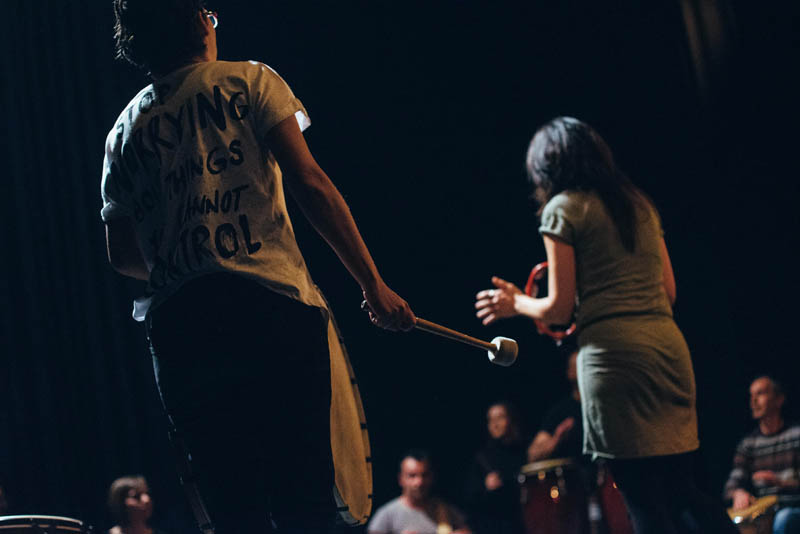
We ask the group members:
- How they felt
- If they identify new personal characteristics
- How they communicated with the others
- How they cooperated with the others
- Were there any difficulties
- Did they manage to overcome them
- How/if get over the fear of exposing themselves (or not) in front of the audience
- Questionnaires, open questions and discussion.
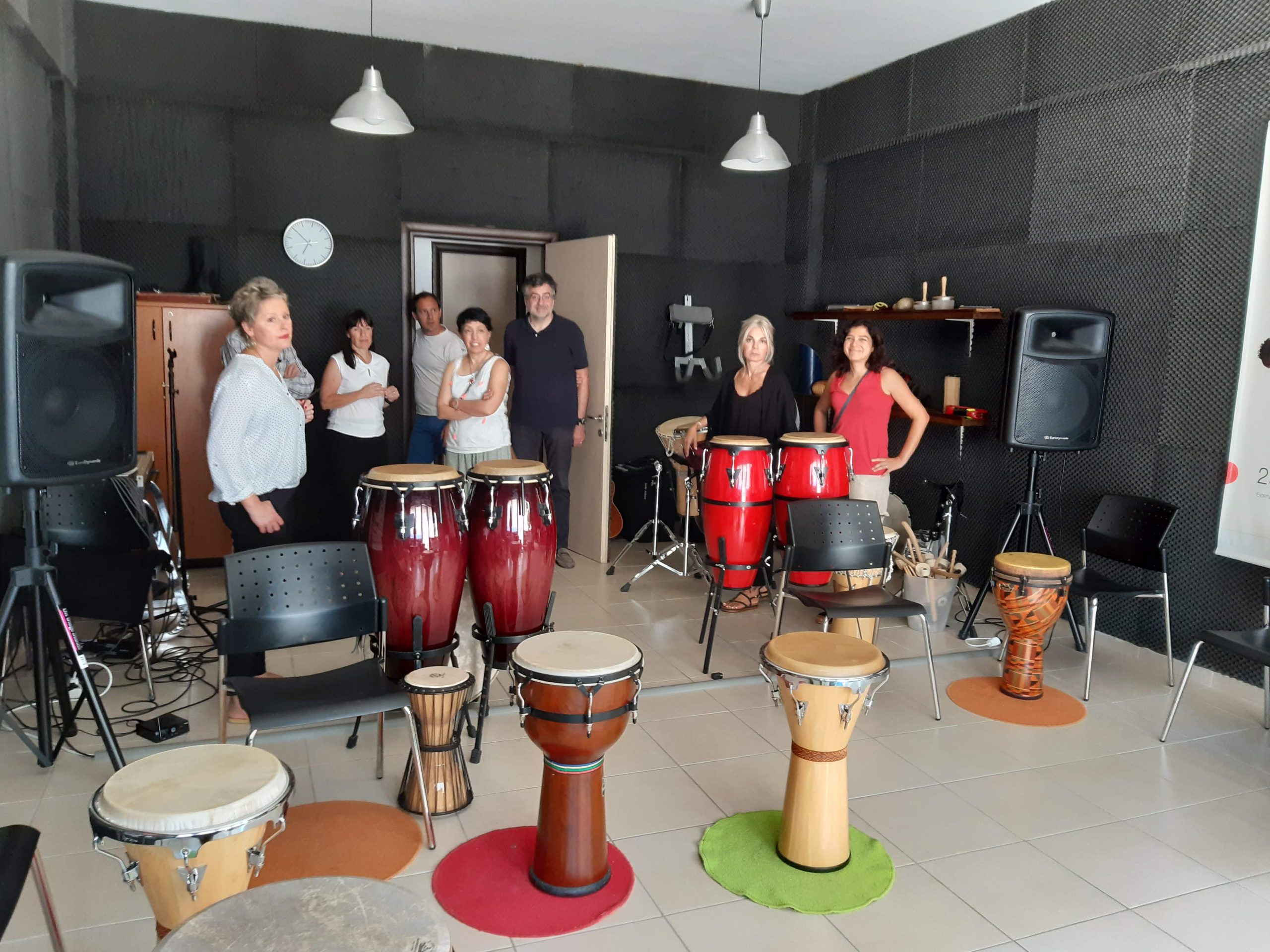 Facilitators role
Facilitators role
- Encourage the members to take decisions in all steps
- Strengthening motivation for creative expression
- Participate within the group
- Observation of the whole procedure
- “Listen” to the interests and needs of the members
- “Noticing the group” dynamics
- “Noticing” the members sentimental involvement
- Guidelines are given in a simple manner just to feel the member can manage it.
Some phrases from the evaluation process:

- “I could never believe I could make it!”
- “I liked our working together so much!”
- “I could not believe I could present in front of an audience!”
- “I felt that since I was able to do this, I could also manage other things in my life!”
- “I discovered one more thing that makes me feel nice!”
- “Although I believe we could have done better, I had a great time!”
- “I would very much like to do it again!”
- “I could express things for myself without realizing it”
The Ecett Academy can help you to get in touch with the author of the GP, write to contact@ecett.eu.
